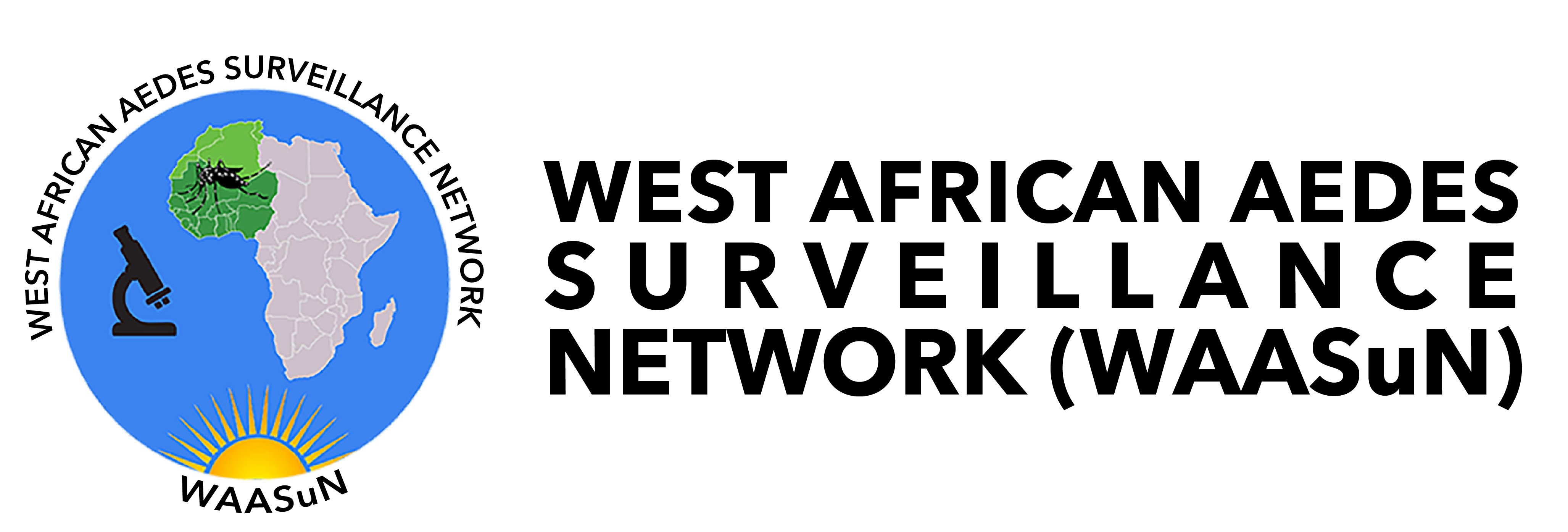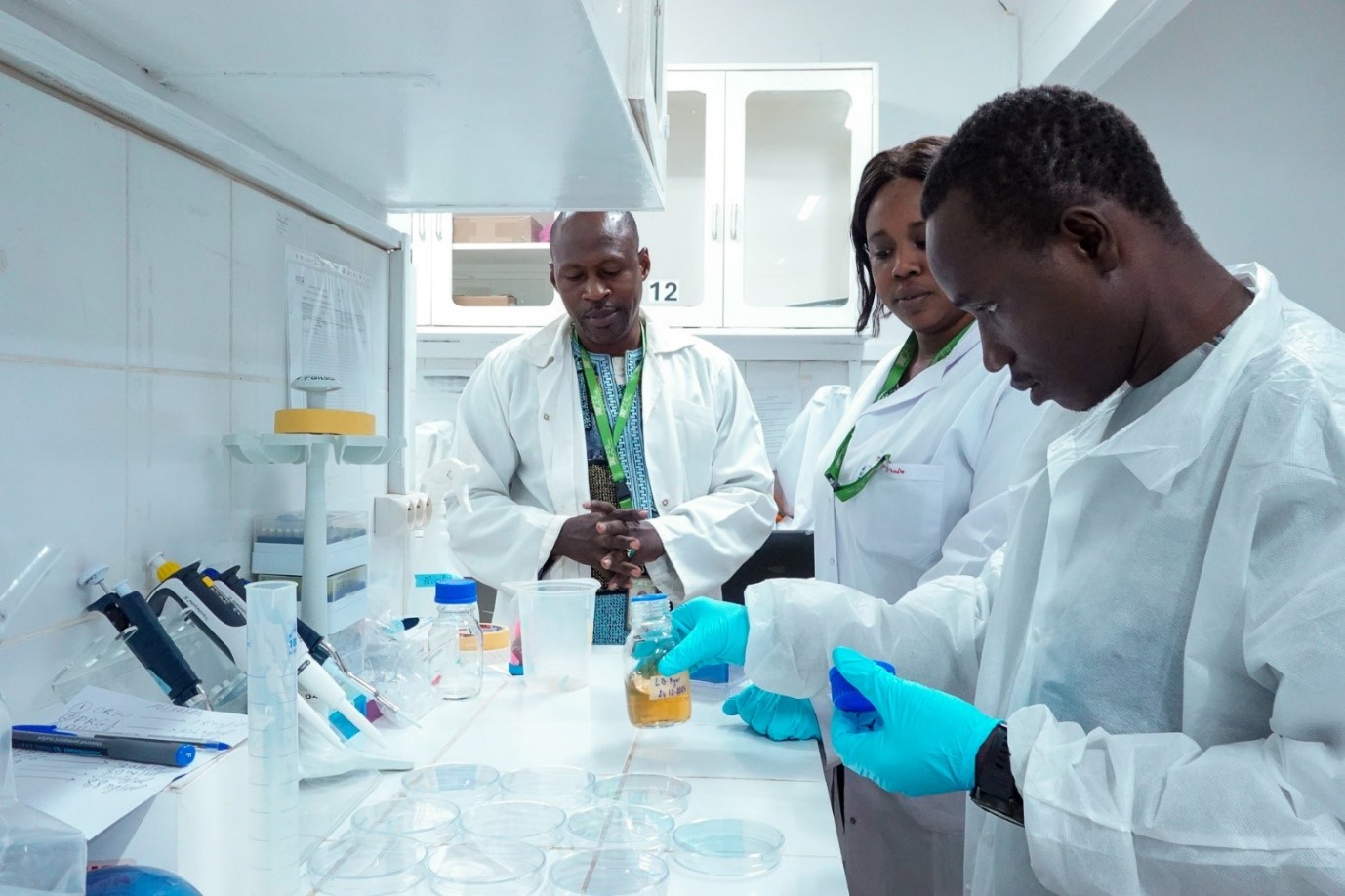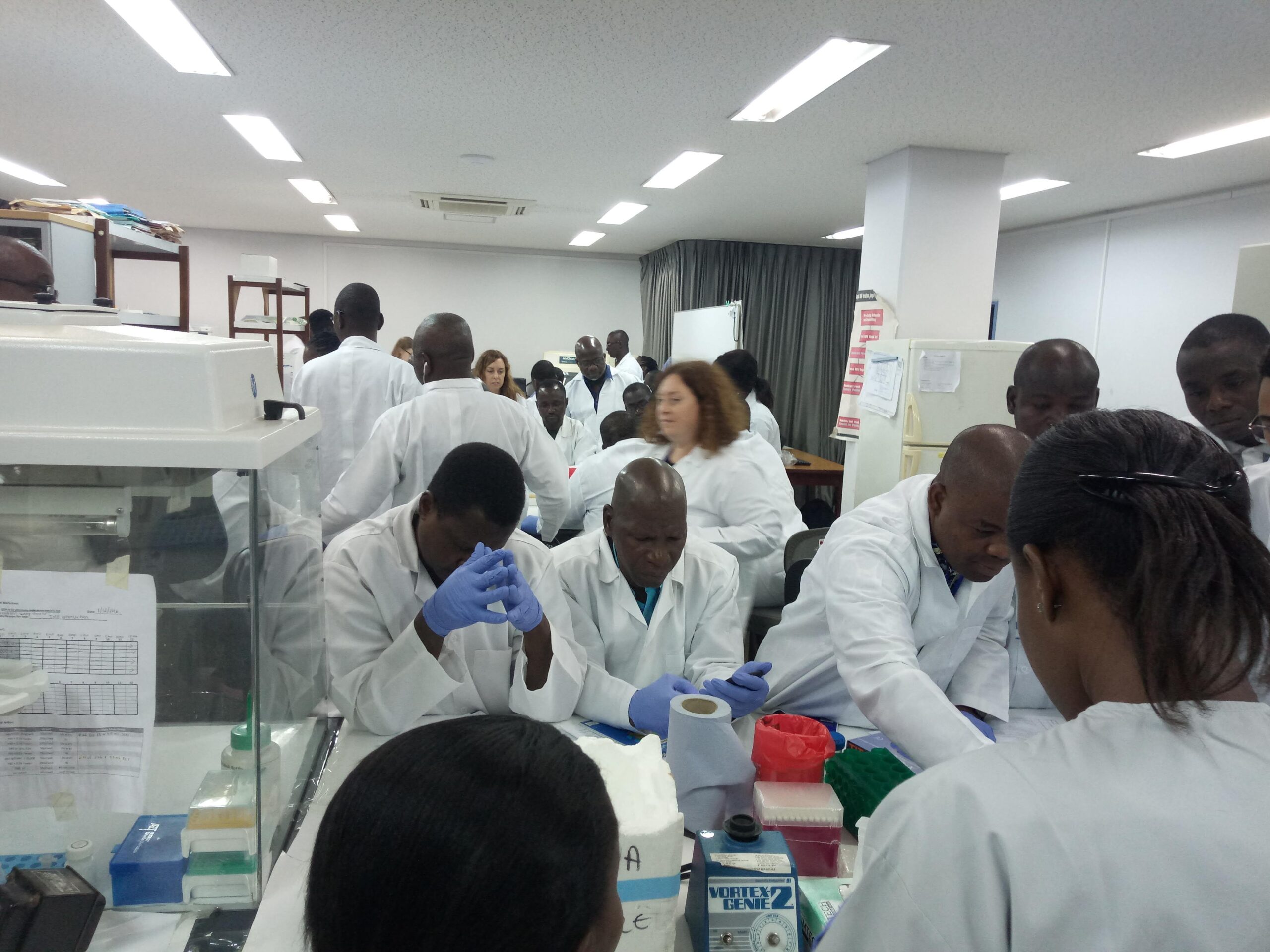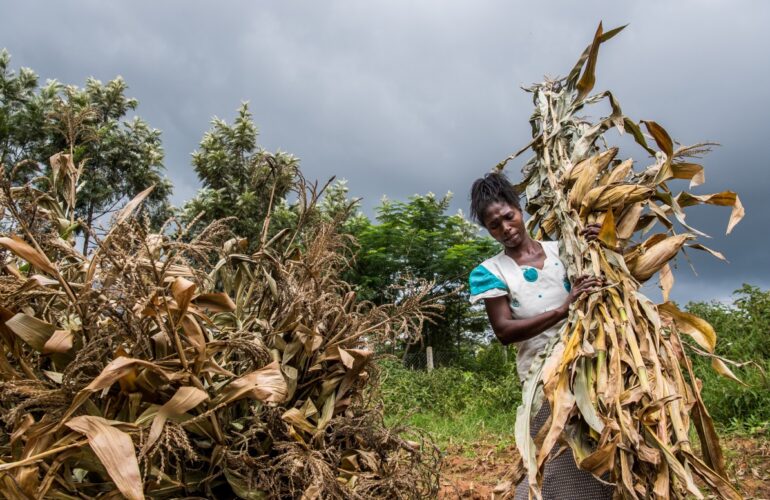According to the World Health Organization, vector-borne diseases (VBDs) account for over 17% of all infectious diseases. They are responsible for more than 700,000 deaths a year, and 80% of the world’s population is at risk. Africa shoulders one of the highest burdens of vector-borne diseases globally, with malaria alone killing over 500,000 people every year in the African region.
These concerning statistics highlight the need for innovative solutions to complement existing tools. Genetic approaches for vector control, such as genetically modified mosquitoes, are a promising way forward. In this context, the University of Sciences, Techniques, and Technologies of Bamako (USTTB)/ Malaria Research and Training Center (MRTC) has been working to establish the African Center for Excellence in Molecular Engineering (ACEME).
ACEME aims to provide a setting for African scientists to learn and develop advanced skills in genetic engineering, including those related to the development of genetically modified mosquitoes. In preparation for the establishment of the center, we have been building our team’s capacity in molecular engineering and regulatory science. We have also established a framework for ongoing dialogue with stakeholders to ensure inclusive and effective collaboration.
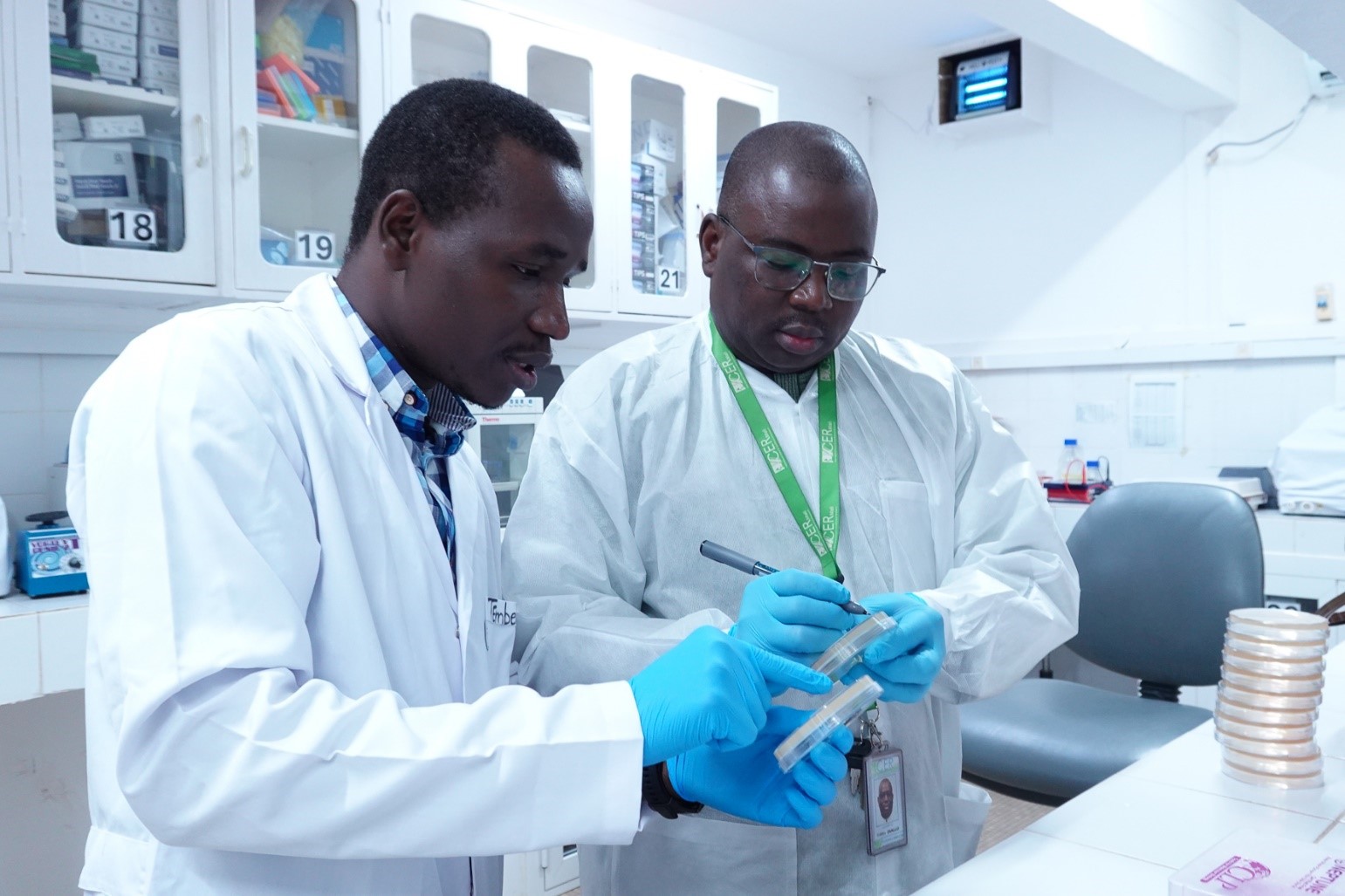
In 2024, following approval from the relevant regulatory authorities, we imported a strain of non genetically modified mosquitoes called “G3” from our partners at Keele University. Our researchers are currently working on this strain in the laboratory, which is fully equipped to meet international guidelines and national regulations for the containment of insects. Our team will proceed with the modification of this strain by introducing fluorescent markers.
In September 2024, Prof. Frederic Tripet, Swiss Tropical and Public Health Institute, joined the ACEME team as Director of Research, Training and Partnerships. His expertise in partnership development, training programs and capacity building will be invaluable to the establishment and development of the Center.
